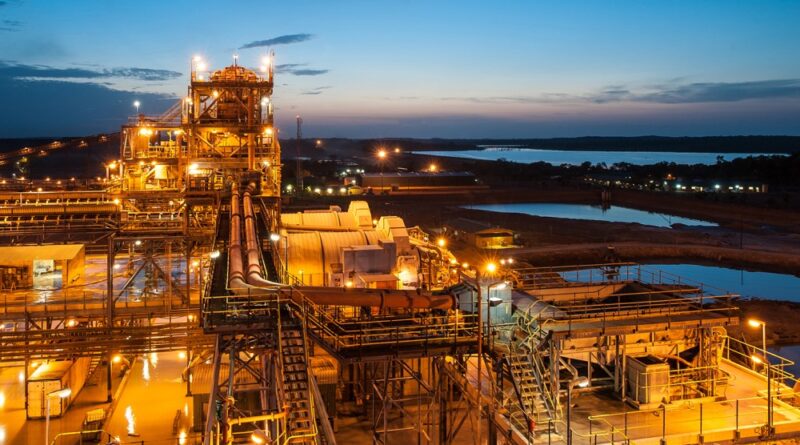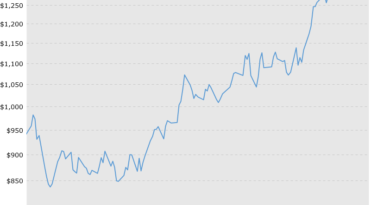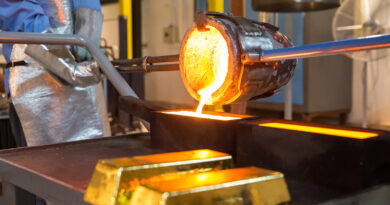Tongon mine gets it right, says Barrick Gold
Tongon mine produced a total of 284,863 ounces of gold in 2020, at the top end of its guidance for the year, driven by strong plant throughput with runtime setting a record of 95.2% in October. This improved throughput, combined with cost-reduction initiatives, had a positive impact on per ounce costs compared to 2019.
Addressing a group of local media at the mine, Barrick president and chief executive Mark Bristow said Tongon had to overcome enormous obstacles to achieve this exceptional performance. Built and commissioned in the midst of a civil war, it has since operated in a very unstable socio-political environment and has been impacted by a broad range of problems, including a mill fire, recurring technical issues and an erratic grid power supply.
“Despite all these challenges, Tongon has been consistently profitable and in 2020 again paid a $150 million dividend to its shareholders. It provided $1.2 million to the government to support its campaign against Covid-19 while implementing effective prevention measures at the mine to protect its people and the business. And it maintained its commitment to its host community with the installation and start-up of a number of income-generating projects,” Bristow said.
He noted that Tongon had the best safety record in the worldwide Barrick group. Until it suffered one lost-time injury on October 28, 2020, the mine had recorded more than 15 million lost-time injury-free work hours over 1,120 days. There were no Class 1 or 2 environmental incidents11 during the year and the mine retained its ISO 14001 and ISO 45001 certifications.
Continued exploration and the conversion of resources to reserves have extended the life of the mine to 2023 and further opportunities for replacing reserves are being pursued.
In line with Barrick’s policy of supporting local business, Tongon spent $105 million – 66% of its total procurement budget – with Ivorian contractors and suppliers in 2020. Since Tongon poured its first gold in 2010, it has paid more than $1.6 billion into the Ivorian economy in the form of taxes, infrastructure development, salaries and payments to local suppliers.




